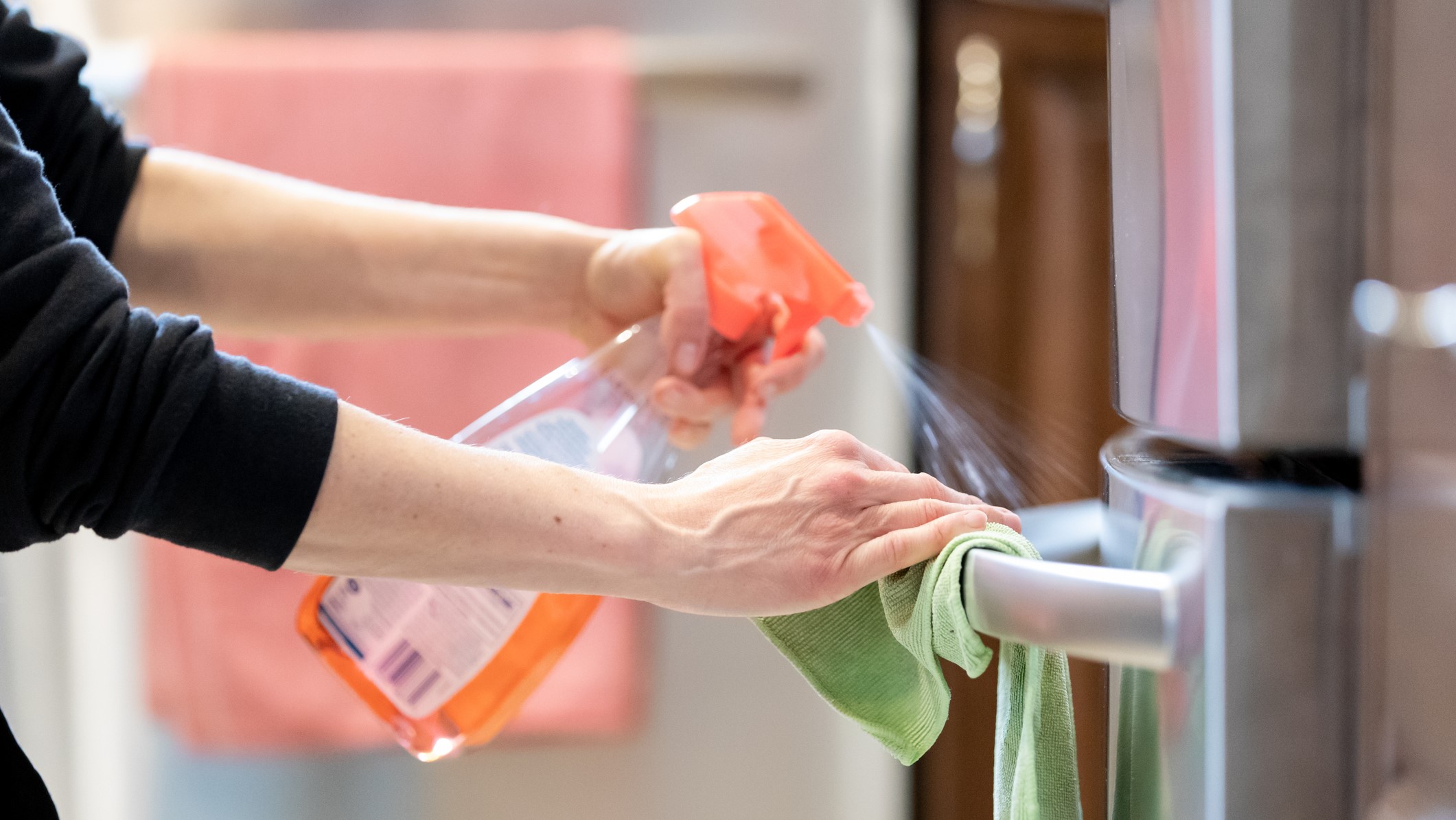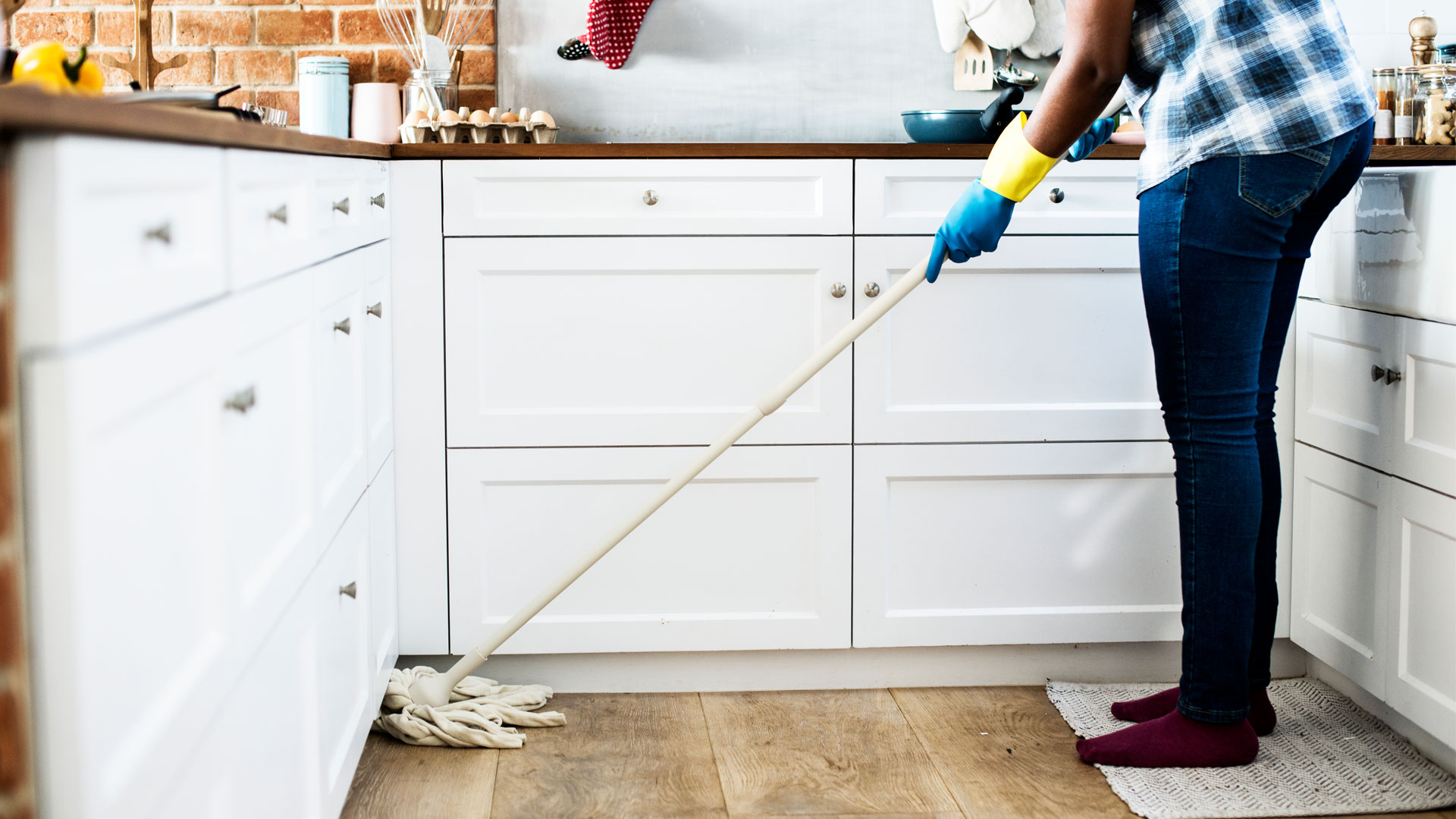Since the coronavirus pandemic began, we’ve all been spending increasingly more and more time at home, but now, a new study from Broan-Nutone has shown that four out of five consumers they surveyed suffer at least one symptom of poor indoor air quality.
The study comes as more people adapt to this new normal and working from home continues for many. With health at the forefront of many people’s minds, the study explains that we spend on average 90% of our time indoors, so air pollution is particularly topical at the moment.
The study asked consumers if they had experienced any of the following issues in the last 12 months: bathroom mirrors fog up when taking a shower, one or more people experiencing allergy symptoms, lingering food odors, mold or mildew, and heating or cooling costs being higher than they should be. Any of the symptoms mentioned could be signs of poor indoor air quality.
Broan Nutone’s study also revealed that nearly two-thirds of Americans are feeling more concerned about the air quality in their home compared to what they were before. Since the COVID-19 pandemic began, consumers admitted to wiping down surfaces more frequently, using harsher chemicals to clean their home, and using aerosols to disinfect surfaces - all of which contribute to indoor air pollution.

What’s more, the study also revealed that only 37% of consumers surveyed turn on a range hood or under-cabinet fan while cooking. But, what are the risks with poor indoor air quality?
Broan Nutone’s study suggests that ‘poor indoor air quality can be linked to serious health effects’. Immediate issues can include allergy-like symptoms and asthma problems being aggravated.
Using more cleaning products in the home can also result in potentially harmful fumes being released and a reduction in the air quality around you.
With many consumers already aware of or owning one of the best air purifiers, what other ways can you improve the air quality in your home?
How to improve the air quality in your home
1. Know the difference between air ventilation and air purification
Broan Nutone suggests that the first step to improving the air quality in your home is to educate yourself in the topic as much as possible. One of the best ways to do that is to know first of all that air purification is concerned with cleaning the air inside a room and reusing it. Air ventilation, on the other hand, sends out the old air and brings in new, fresh air.
2. Check your kitchen for air quality
Since the kitchen is where you prepare your meals, it’s also a real hotspot for poor air quality inside your home. Food odors, moisture, and smoke can all spread around the rest of your house and the cleaning chemicals that you use can also have a negative impact too.
One of the most effective ways to tackle kitchen pollution is to invest in one of the best range hoods. When it comes to cleaning, there are ways to tackle dirt without lots of harsh chemicals. Check out our advice on how to clean a refrigerator using only natural cleaning products.

3. Invest in good ventilation
Prevent your bathroom from steaming up with a good fan but also make sure that rooms in your home aren’t too ‘dry’ by using one of the best humidifiers. If you’ve got a central air conditioning unit or even a window air conditioner, be sure to change the filters regularly to ensure dust particles aren’t being blown around your home.
4. Vacuum regularly
Using one of the best vacuum cleaners for home might make your floors look lovely, but it’s also important to tackle your carpets and rugs often, as these materials have a habit of holding onto dust and allergens.

